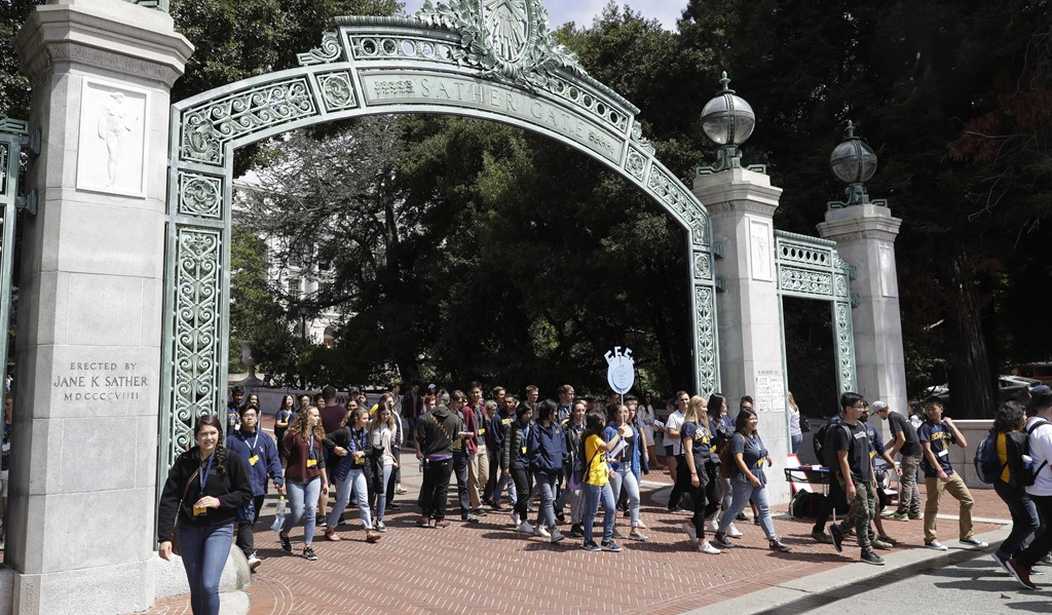The Washington Post published a piece today offering a perspective on free speech by history professor Jennifer Delton. I’ve read this piece twice now and I’m still not sure I follow it. Partly because it seems to be on both sides of the issue and partly because the author’s arguments seem self-contradictory at times. The piece opens with a dilemma for college administrators:
Here’s the dilemma college presidents face in the fall: Either uphold free speech on campus and risk violent counterprotests, or ban conservative provocateurs and confirm the “freedom of speech” crisis on campuses.
A few paragraphs later the author writes this:
As college presidents try to figure out whether the First Amendment protects conservatives’ right to create political spectacle and instigate violence, it might be useful to recall another time when American liberals were forced to sidestep First Amendment absolutism to combat a political foe: the 1940s, when New Deal liberals purged U.S. communists from American political life.
I’ve highlighted that phrase because it’s a cheat. In the first paragraph, the author puts the danger down to “violent counterprotests.” That’s a reference to the actions of left-wing groups in response to speech, i.e. what we saw at Berkeley. But a few paragraphs later, responsibility has shifted to the right for instigating the violence. Instigating it in what way? By speaking?
Once you’ve made the leap to blame the right’s speech for the left’s violence, it’s only a short hop to the claim that maybe the left should “sidestep First Amendment absolutism.” Delton’s main thrust is that some speech is actually part of a grand conspiracy which justifies treating it differently:
Historians remain divided about the pros and cons of American communism, but most agree that the party often operated in secret and that it was directed and funded by Moscow. Communists denied this, of course, but the party’s activities were the basis of Hook’s contention that the CPUSA was a conspiracy, and thus not protected by the First Amendment — although its ideas were. Hook didn’t think that the state should ban the Communist Party (which would be unconstitutional and ineffective), but that private citizens and institutions should shun and expose communists, denying them the opportunity to further their political agenda.
Is there a grand conspiracy behind both Milo Yianoppolis and Ben Shapiro speaking on college campuses? These are two individuals who have been publicly at odds with each other for some time. In any case, if we translate Delton’s advice to the modern day, she seems to be recommending that progressives treat the right’s speech on campus as a conspiracy which thereby justifies doing exactly what the left is already doing, i.e. denying their opponents opportunities to speak. She doesn’t use the phrase “hate speech” to justify this, but the outcome is the same. This next bit may be my favorite though, continuing where the last paragraph left off:
Subsequent liberals (and most of my professors) condemned these anticommunist liberals for opening the door to McCarthyism and Cold War militarism. But given our current political moment and the threat posed by the actions of alt-right provocateurs, Schlesinger’s and Hook’s arguments may bear revisiting.
In short, when liberals did this before it worked out badly, but maybe it’ll be different this time. That’s not much of a recommendation.
It would be one thing if Delton was simply arguing liberals should continuing doing what they’ve been doing on the grounds that the right is responsible for the left’s violence. I think that’s very misguided and unfair, indeed it’s an endorsement of the heckler’s veto, but at least it’s a clear position. But Delton closes her piece by taking another jarring turn. She cites Jonathan Haidt to make the point that, actually, free speech really is under threat on campus from left-wing identity politics:
At the same time, however, colleges and universities need to recognize that their liberal critics of, say, diversity policies or Title IX excesses are not political foes and should not be subject to censorship or censure. One reason the right has been able to so effectively exploit “free speech” is because campuses have become places where the free exchange of ideas has been curbed by peer pressure, self-policing and a self-righteous call-out culture, as described by Jonathan Haidt, Jonathan Chait and Mark Lilla. Until university presidents offer real leadership in reconciling the liberal critique of “identity politics” with a new generation of diverse students, faculty and staff for whom such politics represent progress, they will be unable to protect their institutions from conservative attacks.
So to sum up her advice to college administrators: They should a) prevent the right from speaking to stop left-wingers from responding violently and b) preserve free speech on campus which is genuinely under pressure from left-wing identity politics. If administrators hope to untie that Gordian knot they better bring a sword.








Join the conversation as a VIP Member